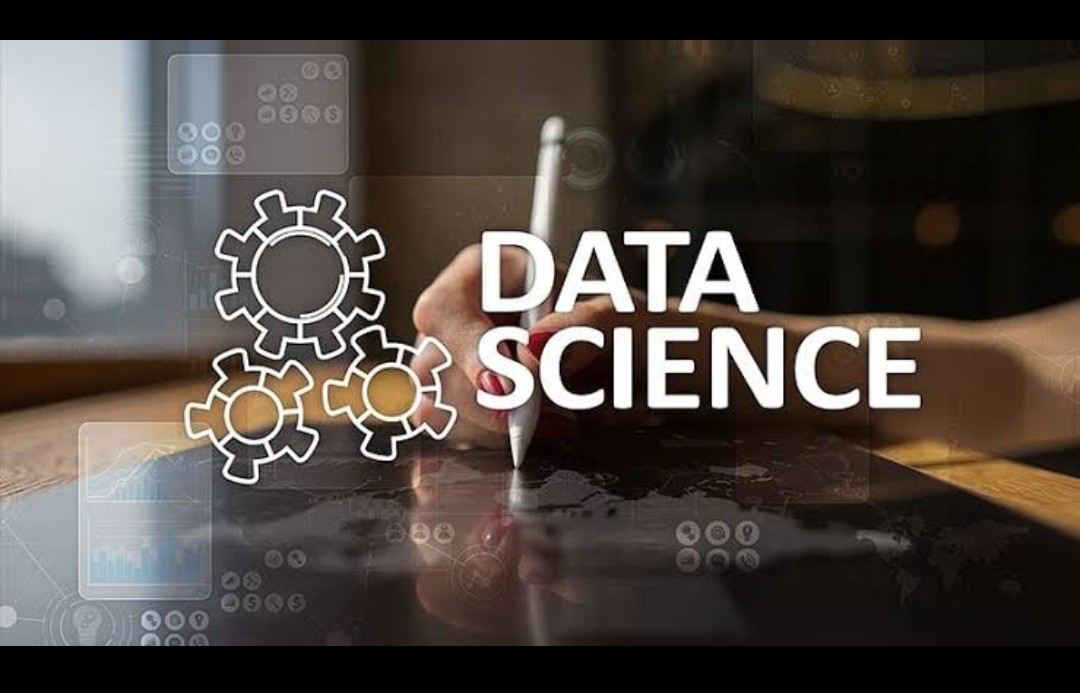Data Science Jobs: Opportunities and Skills Required

Data science is a rapidly growing field with the potential to revolutionize the way businesses make decisions and operate.
With the increasing amount of data being generated every day, the need for professionals who can analyze and make sense of this data is greater than ever before. In this article, we’ll explore the opportunities available in the field of data science and the skills required to excel in this dynamic and exciting career.
Opportunities in Data Science
Data science jobs can be found in a wide range of industries, including finance, healthcare, retail, and technology. Some common job titles in the field include “Data Analyst,” “Data Scientist,” “Business Intelligence Analyst,” “Machine Learning Engineer,” and “Big Data Engineer.”
Data Science is an incredibly fast-growing field, and there are plenty of opportunities available for those interested in pursuing a career in this area. Some of the key opportunities in data science jobs include:
1. High Demand
There is a huge demand for data scientists across a wide range of industries, including finance, healthcare, e-commerce, and more. As companies continue to generate and collect more data than ever before, the need for data scientists to help make sense of this data is only going to increase.
2. High Salaries
Data Science jobs are known for offering some of the highest salaries in the technology sector. This is because of the specialized skills and expertise required to analyze, interpret and make data-driven decisions.
3. Variety of Roles
Data Science is a multidisciplinary field, and there are a wide variety of roles available for those interested in this area. Some examples include data analysts, data engineers, data scientists, machine learning engineers, and more.
4. Innovation
Data Science is a field that is constantly evolving and changing, with new tools and techniques being developed all the time. This means that data scientists are constantly learning and adapting to new challenges, which can be exciting and rewarding.
5. Impactful Work
Data Science is often used to solve complex business problems, which can have a real impact on the bottom line. Being able to see the results of your work in terms of increased revenue or improved customer satisfaction can be very rewarding.
6. Flexibility
Many data science jobs offer flexible work arrangements, including remote work options, which can provide a better work-life balance for employees. This is especially true in light of the COVID-19 pandemic, which has accelerated the trend towards remote work.
7. Collaboration
Data science is a collaborative field, requiring professionals to work closely with other teams and stakeholders to achieve common goals. This can provide opportunities for networking, building relationships, and learning from others.
8. Personal Growth
Data science is a field that requires ongoing learning and development, which can lead to personal and professional growth. This can take many forms, including attending conferences, pursuing advanced degrees or certifications, or simply staying up-to-date with the latest industry trends and technologies.
9. Global Opportunities
Data science is a global field, with opportunities to work for companies around the world. This can provide opportunities for travel, cultural exchange, and exposure to new ways of thinking.
10. Meaningful Work
Many data science jobs offer the opportunity to work on projects that have a real impact on society, such as improving healthcare outcomes or reducing carbon emissions. This can provide a sense of purpose and meaning to your work that is hard to find in other fields.
11. Continuous Learning
Data Science is a field that requires constant learning and upskilling. As the industry and technology continue to evolve, it is crucial to stay updated with the latest trends, tools and techniques to remain competitive in the job market. This presents a unique opportunity to engage in lifelong learning and continuously improve your skills.
12. Interdisciplinary Collaboration
Data Science is a multidisciplinary field that requires collaboration with professionals from various backgrounds, including computer science, mathematics, statistics, and more. This provides an opportunity to learn from and work with experts from different fields and gain a broader perspective on problem-solving.
Data analysts are responsible for collecting and analyzing data to identify patterns and trends and communicate insights to stakeholders. Data scientists, on the other hand, use advanced statistical and machine learning techniques to build predictive models and solve complex problems. Business Intelligence Analysts focus on using data to drive business decisions, while Machine Learning Engineers and Big Data Engineers work on developing and optimizing data processing and analysis systems.
According to Glassdoor, the average salary for a data scientist in the United States is $113,309 per year, with salaries ranging from $76,000 to $160,000 depending on experience, location, and industry.
Skills Required for Data Science Jobs
Data science is a multidisciplinary field, requiring a combination of technical and soft skills. Here are some of the key skills required to succeed in data science:
1. Programming Skills
Proficiency in programming languages such as Python, R, SQL, and Java is essential for data scientists. These languages are used for data manipulation, statistical analysis, and machine learning.
2. Statistical Analysis
A strong foundation in statistics is essential for understanding and analyzing data. Data scientists must be able to apply statistical concepts and methods to their analysis and communicate insights to stakeholders.
Machine learning is a subset of artificial intelligence that involves building models that can learn from data and make predictions or decisions. Data scientists must have a strong understanding of machine learning algorithms and techniques and be able to apply them to real-world problems.
3. Data Visualization
Communicating insights to stakeholders is a crucial part of a data scientist’s job. Data visualization tools such as Tableau, Power BI, and D3.js are essential for creating clear and engaging visualizations that communicate insights effectively.
4. Business Acumen
Data scientists must be able to understand the business problem they are trying to solve and communicate their insights in a way that is relevant and actionable for stakeholders. This requires a strong understanding of the business domain and the ability to think critically and creatively.
Conclusion
Data science is a rapidly growing field, with numerous job opportunities and a high demand for skilled professionals. To succeed in data science, individuals must have a strong foundation in programming, statistics, machine learning, data visualization, and business acumen. By developing these skills and staying up-to-date with the latest trends and technologies, individuals can build rewarding and exciting careers in data science.






